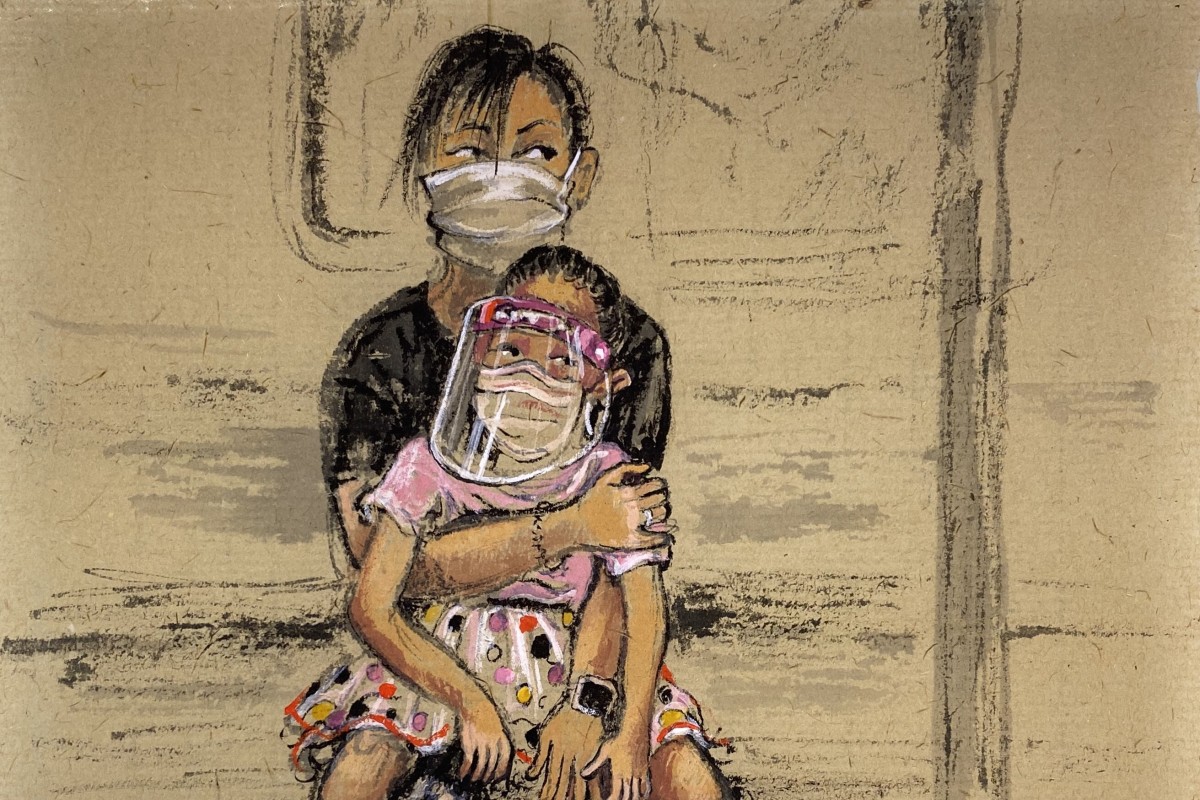 I would like to announce publication of my book Every Man is an Island: A Transtextual Study on the Chinese Sonnets of Feng Zhi. Malta: Malta University Press, 2020.
I would like to announce publication of my book Every Man is an Island: A Transtextual Study on the Chinese Sonnets of Feng Zhi. Malta: Malta University Press, 2020.
Every Man is an Island offers a translation and a transtextual study on the poem collection The Sonnets of Chinese lyricist Feng Zhi (1905-1993) as well as notes on the life and poetic style and ideology of the same author. Feng Zhi was a distinguished translator and professor of German literature with a deep knowledge of the poetry of Goethe, Novalis and Rilke. Regarded as one of the most refined lyricists and sonnet writers in early modern Chinese literature, Feng Zhi’s mystical poetry manifest a gradual shift from Romanticism to Modernism and addresses some of the most relevant themes that interested Chinese intellectuals at the turn of the twentieth century: individualism, love, poetic transcendence, loneliness and interpersonal relationships. The twenty-seven sonnets analysed in this work encapsulate the mature thought and poetry of Feng Zhi and portray a poetic journey of the individual in modern China. The monograph also contains unpublished photos of the Chinese poet.
The book will be on sale at a prepublication discount. You can order your copy from the email address: mup@um.edu.mt
https://www.facebook.com/463010527164595/posts/2265534033578893/?sfnsn=scwspwa
Salvatore Giuffré










